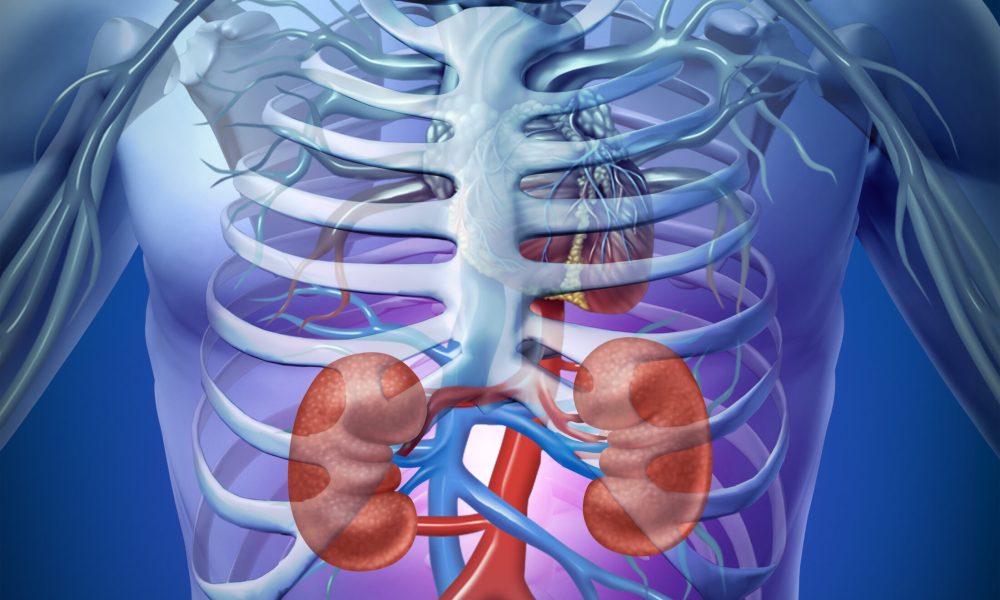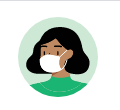Kidney Stones Doctor in Miami

What Are Kidney Stones

By: Dr. Javier Alfonso – Miami Nephrologist
Kidney stones can be caused by several factors, including diets that are high in salt and protein, certain medications, dehydration, and genetics.
People who have had them before are more likely to develop them again. Certain diseases, like kidney infections or urinary tract infections, can also contribute to the formation of kidney stones.
Additionally, being overweight can increase the risk of developing this condition due to an increased amount of calcium oxalate found in urine.
Prevention typically involves drinking plenty of fluids and avoiding specific foods and drinks that may cause the condition, such as soda or coffee.
Additionally, reducing animal-based proteins and eating fruits with a low glycemic index may help reduce the chances of stone formation. Blood in urine is often a sign of kidney stones, so if you notice it, visiting a doctor is recommended.
What Causes Kidney Stones
Kidney stones can be caused by a variety of factors, including low fluid intake, excessive salt consumption, and an imbalance in the chemical makeup of urine.
Other potential causes include certain medications like diuretics and antibiotics, urinary tract infections, and genetics.
Blood in the urine is also one of the more common signs that kidney stones may be present.
However, it is important to note that blood in the urine does not necessarily indicate that you have kidney stones; other medical conditions could be responsible for this symptom.
Therefore, it’s important to see your doctor if you experience any changes in your urine or discomfort related to urination. You should always seek professional advice for an accurate diagnosis.
Treatment for Kidney Stones
Kidney stones can be treated in a number of ways, depending on their size and type.
More mild cases may not require any form of treatment and will pass on their own with time.
Other treatments include prescription medications to help break down the stone into smaller pieces that are easier to pass, extracorporeal shock wave lithotripsy (ESWL) which uses sound waves to break apart the stone, or ureteroscopy, where a thin tube is inserted through the bladder up to the kidney stone to remove it.
Surgery is typically reserved for larger stones that cannot be removed with other methods. If you suspect you have kidney stones, it is important to speak with your doctor so they can assess the situation properly and provide suitable treatment options.
If you experience blood in urine, it could be a sign that you have kidney stones, so make sure to talk to your doctor about it and get checked out.

What Are Some of the Foods That Cause Kidney Stones?
Certain foods can increase the risk of developing kidney stones.
Foods high in oxalates, such as spinach, rhubarb, and nuts, can lead to calcium-oxalate stones.
Eating too much salt or animal protein may also cause an increased risk for these types of stones.
Calcium-rich items like dairy products and dark green leafy vegetables are beneficial for preventing stones since they reduce the excretion of oxalates from the body.
On the other hand, sugar-sweetened beverages may increase your chances of forming uric acid stones. Avoiding excess amounts of red meat and processed foods is also recommended for those prone to kidney stone formation.
It is important to remember that some individuals are more susceptible to kidney stones than others.
Therefore, consulting a doctor like Dr. Alfonso or a dietitian is the best way to determine which foods are most beneficial for you to eat. Eating a well-balanced diet and managing your weight can help reduce the risk of developing kidney stones in the future.
What to Do Next
In conclusion, blood in urine can be a sign of kidney stones and should be taken seriously.
It is important to speak with your doctor about any concerning symptoms that you may have, as well as your treatment options for managing the condition.
Additionally, certain foods can increase or decrease the risk of developing kidney stones, so it is best to also consult a dietitian to determine which dietary changes are suitable for you.
With proper diagnosis and doctor treatment, the pain and discomfort associated with kidney stones can be managed.
Services
- Kidney Stones
- Blood/Protein in Urine
- Acute and Chronic Glomerulopathies
- Chronic Kidney Failure/Disease
- Nephrotic Syndrome
- Renal Vasculitis
- Congenital Uropathy
- Dialysis
- Post Transplant Treatment
Contact Us
- 7392 NW 35th Ter Miami, FL 33122
- (786)703-4932
- appointments@miamikidneyspecialist.com
Kidney stones are caused by a range of factors, from diet to genetics.
Diet plays a large role in the accumulation and formation of kidney stones, with those on low-calcium diets being more susceptible.
Other potential causes include:
- Not drinking enough water
Dehydration
Excessive consumption of proteins and salt
Certain medications
Bacterial infections in the urinary system
Medical conditions like gout or cystinuria.
Blood in urine can also be an indication that you have kidney stones as it is often one amongst several symptoms. It is important to speak to your doctor if you suspect you have kidney stones so they can assess the situation properly and provide suitable treatment options.
Our physicians will ensure that you receive the best possible care.
For appointments, call:

